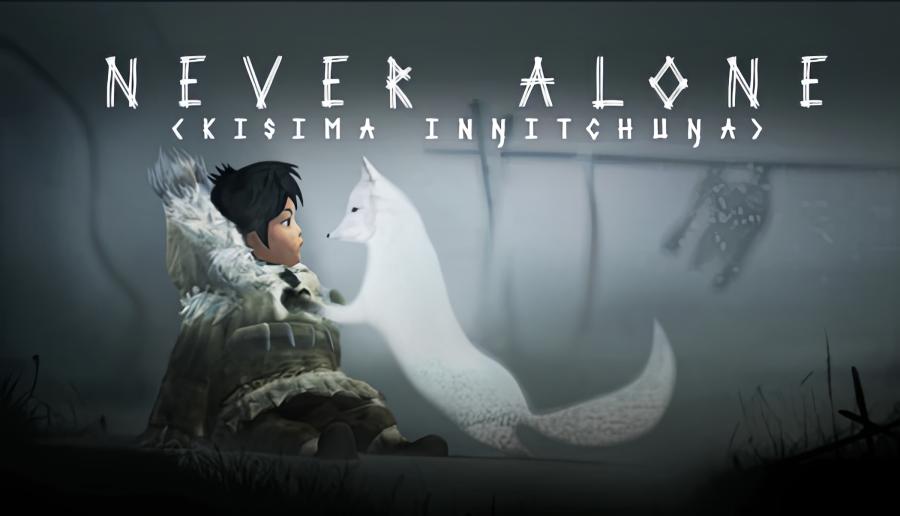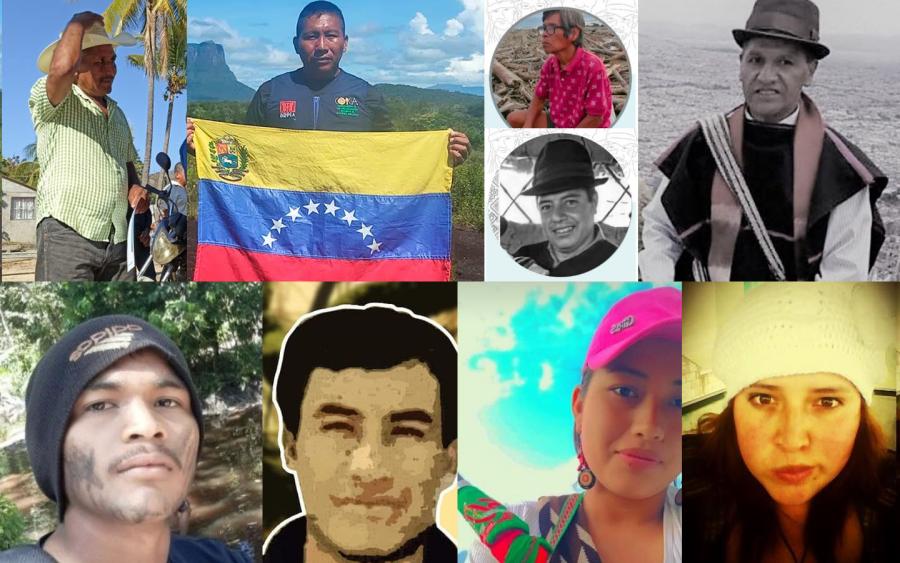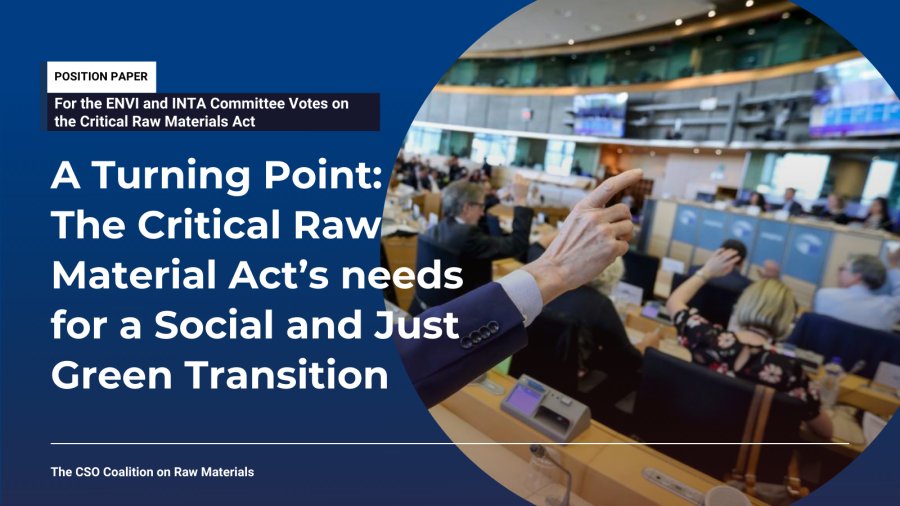Years before joining Cultural Survival, I spent about a decade working with survivors of torture and other traumatic human rights abuses, mostly from Latin America, and another 12 years seeking justice and compensation in a U.S. federal court for survivors of atrocities committed by Philippines dictator Ferdinand Marcos. That work led to a book I co-authored, titled Serving Survivors of Torture: A Manual for Health Professionals. It also involved early work with UN Special Rapporteur Theo van Boven that a decade later led to the UN Human Rights Commission’s adoption of principles and guidelines for governments to make reparations for human rights violations.
This issue of the Cultural Survival Quarterly carries that work forward by offering several articles on reparations for past violations of the rights of indigenous peoples. It draws heavily on the articles in a new collection of essays, Reparations to Indigenous Peoples in International Law, edited by Spanish indigenous rights scholar Federico Lenzerini. As the essay authors assert, in recent years more and more national and international courts have paid attention to indigenous claims and issued judgments that not only recognized their rights but also required governments to provide reparations that were both substantial and culturally meaningful to those who suffered. Unfortunately, those cases are few and far between, and those that were successful were not won easily. But as the authors attest, while progress often feels glacial, the prognosis is positive.
The violations indigenous peoples have suffered—genocide, ethnic cleansing, brutal forced relocation, enslavement, impoverishment, marginalization, coerced assimilation at boarding schools, and so much more—transcend not just a single dictatorship or even political era, but centuries. As Nieves Gomez points out in this issue, each generation bears not only the scars of the abuses meted upon it, but the residue of the suffering of earlier generations. The intergenerational impact of severe trauma was studied intensively among children of Nazi Holocaust survivors. As one survivor’s child wrote, “For years it lay in an iron box buried so deep inside me that I was never sure just what it was. I knew I carried slippery, combustible things more secret than sex and more dangerous than any shadow or ghost. Ghosts had shape and name. What lay inside my iron box had none . . .”
Native peoples today carry with them the weight of many such iron boxes. For each tribe, community, and individual the burden is unique, and yet similar. Each faces the problem of finding a way to leave the past in the past and move forward with the future. And each is finding that while self-determination is the path forward, those burdensome iron boxes will not be buried until justice—including both accountability and reparations—takes place.
This experience is not unique to indigenous peoples. But it is more complicated in their case, not just because of the longevity, intergenerational nature, and multiplicity of the harms they suffered, but by the fact that indigenous peoples do not experience trauma simply as individuals. They experience it as groups that are interconnected through time. Thus, the unredressed wrongs committed against a tribe’s ancestors are not experienced solely as intergenerational trauma. They are experienced as present trauma because of the affinity the tribe has with those who came before.
For those of us whose connections to our ancestors are only two generations old it is easy to say to native peoples, “Get over it. What happened to your people happened a hundred years ago, or even a generation ago. The people who did those things are long gone, and we, their descendents, should not be held responsible. Besides, things are getting better for you now: you have casinos and greater opportunities than ever for education and better lives.”
In taking such positions, we completely miss that we are imposing our cultural standards on native peoples. We don’t inquire about their worldviews, how they understand kinship, or how they experience time or community. We assume that our laws, legal processes, and even our understanding of rights, match theirs. Even if we appreciate the cultural differences, we accept that because we are in the majority and they are many diffuse minorities, it is up to them to make accommodations and adapt to our system, rather than recognizing our responsibility to learn their systems and accommodate them.
This misses the point of reparations, which is to understand and acknowledge what happened in the past, hold those responsible accountable (if not in a court of law, then at least in the courts of public opinion and history), repair what damage can be repaired, make amends for that which cannot be repaired, and commit to a future in which past wrongs will not be repeated.
True reparations honor the wronged, whether they were wronged yesterday or centuries ago. They untangle the complexities of those wrongs, tell the truth about who set the policies and carried out the acts, and identify who bears responsibility. They are carried out respectfully—both psychologically and culturally—and not imposed. They take into account the complex psychological transformations (not to mention physical harm) that trauma causes, and the time and gentle patience it takes for each survivor and each community of survivors to stop spinning in the past and develop the capacity to move towards an improved future.
Offering reparations is not easy, because it requires looking at the world through the sufferers’ eyes. Doing so can turn your own world upside down. As David Williams points out in this issue, it can challenge your understanding of history, national identity, and place in the world. As is often the case, to be fair to others, you have to give something up. But that doesn’t mean you lose. It just means you experience life differently and go forward in a more just way. While that process feels risky, in the end everyone gains.
Ellen Lutz is the executive director of Cultural Survival.



